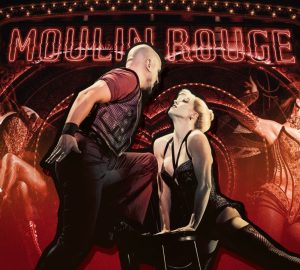Why you should watch ‘Straight White Men’ on Broadway
“Straight White Men” is a compelling story about family, struggles of expectation and mental health. The play, led by Armie Hammer, Paul Schneider, Josh Charles and Stephen Payne, follows four straight white men on their Christmas holiday. The family consists of three brothers — Drew, Matt and Jake — and their father Ed. Drew and Jake go home for the holidays to visit their father and brother who live in their family home.
Throughout the play, the audience learns of Matts’ past accomplishments as an undergraduate college student. However, as they reminisce about the good ole’ days, Matt becomes increasingly more distant towards the rest of the group. From this moment on, the play’s tone shifts from comedic to somber. From the conflicts that arise, Drew attempts to convince Matt how therapy is the solution to all of his problems, while Ed and Jake seem to believe there are no problems. The play then continues to explore the opposing views in the home about Matt’s mental health.
Though the title may not suggest it, “Straight While Men” is a socially conscious play that touches on a lot of difficult topics such as depression, white guilt, self-doubt and fear of failure. Each cast member gives a convincing performance in their roles — Hammer, who plays Drew, was the most convincing of them all. His towering figure and amplified voice rocked the Hayes theatre that night.
Another detail worth mentioning is the format in which this story is told, by way of “people in charge.” Two people introduce the show and appear in each act in a dream-like sequence and place the characters in their respective places on stage. The stage is also framed by a wooden border that has the label “Straight White Men” on it. To me, the frame creates a lens in which the audience can look through and truly be a fly on the wall of these people’s lives. The frame makes the specific events seem universal and relatable. This element gives the play an edge over others that I have seen.
The “people in charge” open the show with an important conversation about feeling like an outcast in a society where straight white men are favored. I think prefacing the play in that way was a very clever way to get an important message across without it coming off as an agenda. As some who is not a straight white male, I was still able to relate to the characters and some of the themes. Whether we want to admit it or not, we have all felt disappointed in ourselves or felt like we should do more. “Straight White Men” is a play that explores themes related to the human experience and existentialism in a compelling manner.
In conclusion, the play is worth seeing. The concept is fresh and challenging to audiences, and the actors are believable. It is a brilliant commentary on the burdens of ambition and pressure of family.























